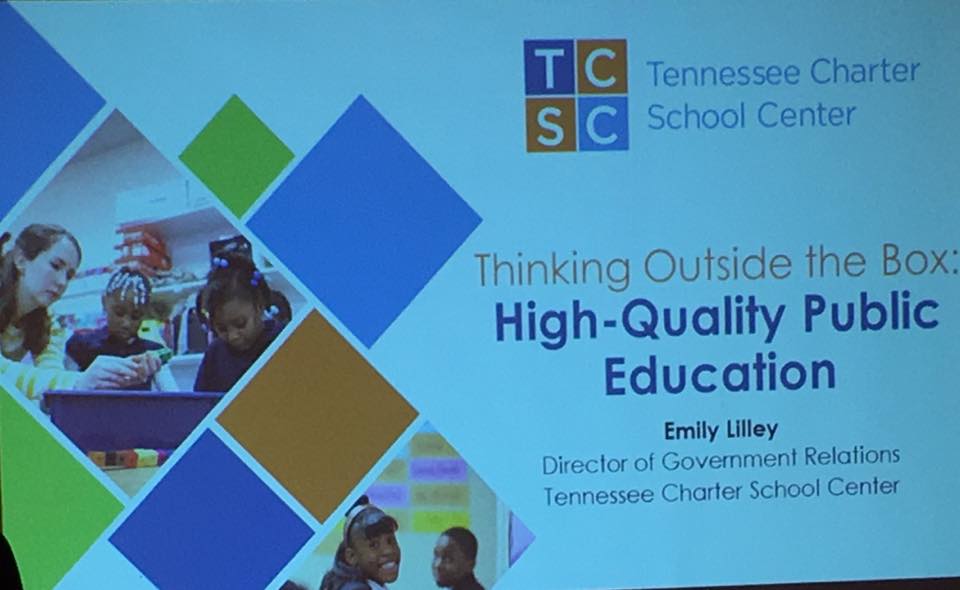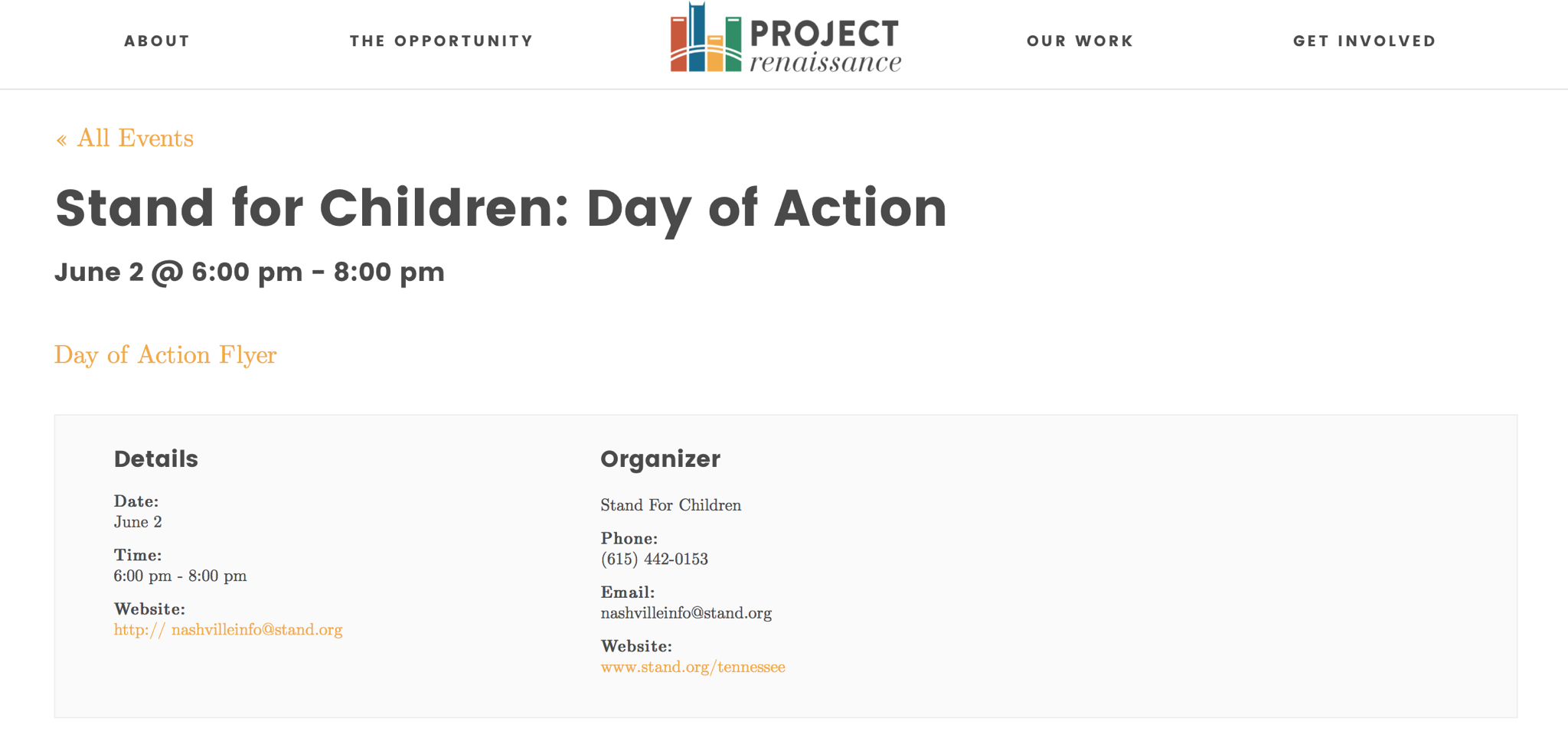In response to the story on mailers from Nashville Parents Committee in the District 3 Nashville School Board race, I received this statement from the Tennessee Charter School Center:
The following statement is issued by Dr. Maya Bugg, CEO, Tennessee Charter School Center, in reference to Tennessee Education Report’s accusation of the Tennessee Charter School Center being involved in a mailer campaign supporting Brian Hubert:
On July 24, 2020, the Tennessee Education Report wrote a post accusing the Tennessee Charter School Center of involvement with a mailer that was sent out by a group called the Nashville Parents Committee in support of Metro Nashville Public School Board candidate Brian Hubbert in the 3rd District race.
The accusation was false and based on the Parents Committee’s address being the same office building as the Tennessee Charter School Center operates from. That address is for a large office building in downtown Nashville that, in addition to a number of independent businesses, also houses a coworking space occupied by more than 100 businesses, organizations and individuals including the Tennessee Charter School Center and many others.
The Tennessee Charter School Center is in no way affiliated with the Nashville Parents Committee or the mailer in question. As a 501(c)3 non-profit advocacy organization, TCSC abides by the legal requirement that it is prohibited from directly or indirectly participating in, or intervening in, any political campaign on behalf of (or in opposition to) any candidate for elective public office.
It is the responsibility of a site which aims to provide “relevant education news and in-depth analysis of education policy impacting our schools” to also provide accurate information. As always, we at the TN Charter School Center are available to address any questions about our organization’s work or public charter schools in Tennessee. We fully condemn the sharing of false information to the public and hope that the parties involved will post a public correction to statements promptly.

